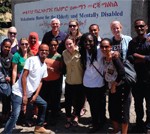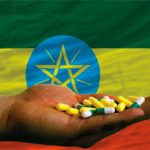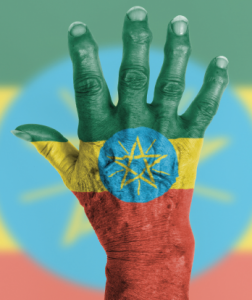
Ethiopia has no rheumatologists to treat its population with rheumatic illnesses.
MyImages – Micha/shutterstock.com
At present, the U.S. has approximately 5,000 full-time adult rheumatologists. By the year 2025, that number will decline to roughly 3,600.1 Sounds dire, right? Hold that thought.
Question: What country has 99 million people and no adult rheumatologists?
Answer: Ethiopia.2
The Nigerian Story
And then there is Africa’s most populous country, Nigeria, with roughly 170 million people. It has 30 rheumatologists.3
The Rheumatologist talked to one of them—the first one ever in Nigeria, in fact: Femi O. Adelowo, FRCP, MACR, is professor of medicine and a consultant rheumatologist at the Lagos State University Teaching Hospital and the Lagos University Teaching Hospital, both in Lagos, Nigeria.
Dr. Adelowo, current president of the African League of Associations for Rheumatology, states, “I qualified as a rheumatologist in 1982. At that point, I felt it was my duty to train others, so I wrote the curriculum for two of Nigeria’s medical colleges. Now, I have many residents interested in rheumatology who come from all over Nigeria to train with me for a year and a half; then they return to their homes and launch rheumatology clinics.”
Detailing the progression of training in Nigeria, Dr. Adelowo says, “The program is a minimum of six years and leads to the award of a Fellowship of the National Postgraduate Medical College of Nigeria in rheumatology or a Fellowship of the West African College of Physicians in rheumatology. Both programs have three parts: 1) A preresidency examination consisting of human physiology, anatomy, pharmacology, clinical chemistry, microbiology and statistics, among others.2) A three-year rotation through the major subspecialties of internal medicine, such as endocrinology, dermatology, cardiology, pulmonology and others. This culminates in an examination.3) Three years in a subspecialty culminating in the award of a fellowship from the appropriate college. The exams consist of an original dissertation, a multiple choice paper, an oral exam on the specialty and an oral exam on general medicine. Success in all aspects of this exam qualifies the candidate as eligible to be appointed a consultant.”
Although progress in training has occurred, says Dr. Adelowo, arthritis remains a poorly understood disease. “Many trainees interested in rheumatology have come for courses and have had their eyes opened as to the full spectrum of rheumatic diseases. Many people believe that arthritis is just one disease. Even among health personnel, there is a lack of awareness that there are different types of arthritis and different causes and modalities of treatment. Often, both medical professionals and patients still think arthritis is a disease that happens solely to the elderly.”
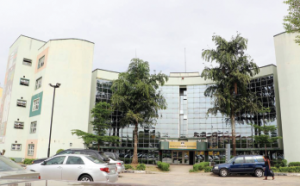
Glasshouse College, Lagos State University Teaching Hospital, where Femi O. Adelowo, FRCP, MACR, is professor of medicine and a consultant rheumatologist.
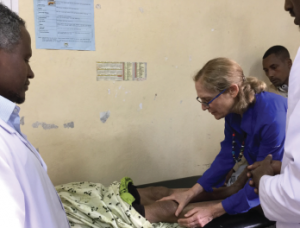
Michele Meltzer teaches physicians how to do joint examination in a rural hospital in Ethiopia.
“Also impeding progress is that many people have an erroneous belief that all diseases, arthritis included, are due to some sort of evil spells or ‘spiritual’ attacks. This often leads to denials by the affected individuals, visits to alternative healers and delays in seeking professional medical help.”
